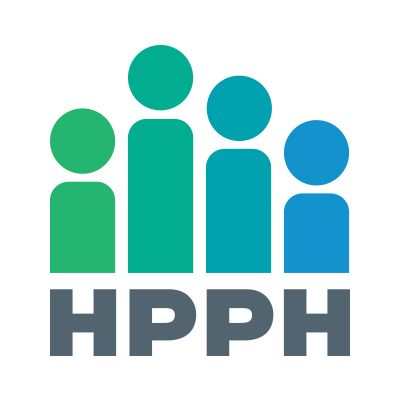Huron Perth Public Health (HPPH) is sounding the alarm over the rapid spread of COVID-19 because of the highly transmissible Omicron variant.
HPPH says if you experience symptoms, you must self-isolate immediately as testing is extremely limited throughout the region and entire province.
Many residents may have to make decisions on what to do without being tested. Further, the steep increase in cases, as well as accelerated vaccination efforts, means that HPPH cannot follow up on every positive case and contact.
“The most important thing to do if you are ill is to stay home and isolate and tell everyone you live with to isolate,” says Dr. Miriam Klassen, Medical Officer of Health. “If you have taken a test and received a positive result, you and your household must isolate. If you test positive, you may receive further instructions from public health.”
There are 229 active cases of COVID-19 in Huron-Perth as of Friday, December 24th. That’s an increase of 110 active cases in two days. On Friday HPPH reported another 65 new cases of COVID-19.
Below are the instructions HPPH is asking everyone to follow:
If you feel ill:
If you experience fever, chills, cough, shortness of breath or loss of smell and taste, or any other symptoms of COVID-19:
- Self-isolate immediately. Self-isolate means staying on your property, not interacting with anyone within your household (unless you are the primary caregiver of a young child) and not leaving unless you need medical attention. Arrange for someone else to drop off supplies (e.g. groceries) at your doorstep if needed.
- All household contacts (regardless of vaccination status) stay home as well.
- Notify your workplace. Health care workers and workers in high-risk settings must follow the direction of their employers.
High-risk settings include: long-term care homes, retirement homes, hospitals, shelter or congregate settings, a childcare centre or day camp, elementary/middle/secondary school, adult learning/postsecondary school, or remote, isolated, or Indigenous communities
- If you experience severe symptoms, contact your healthcare provider
- If you take a PCR or rapid antigen screening test – and it is negative – then you may end isolation when you are symptom-free for at least 24 hours (or 48 hours for gastrointestinal symptoms like vomiting, diarrhea).
If you test positive on a PCR test or a rapid antigen test (RAT):
- Self-isolate immediately. Self-isolate means staying on your property, not interacting with anyone within your household (unless you are the primary caregiver of a young child), and not leaving unless you need medical attention. Arrange for someone else to drop off supplies (e.g. groceries) at your doorstep if needed.
- You must self-isolate for 10 days since your symptom onset.
- All household contacts (regardless of vaccination status) self-isolate for 10 days since the last exposure
- Notify your workplace. Health care workers and workers in high-risk settings must follow the direction of their employers.
o High-risk settings include: long-term care homes, retirement homes, hospitals, shelter or congregate settings, a childcare centre or day camp, elementary/middle/secondary school, adult learning/postsecondary school, or remote, isolated or Indigenous communities




